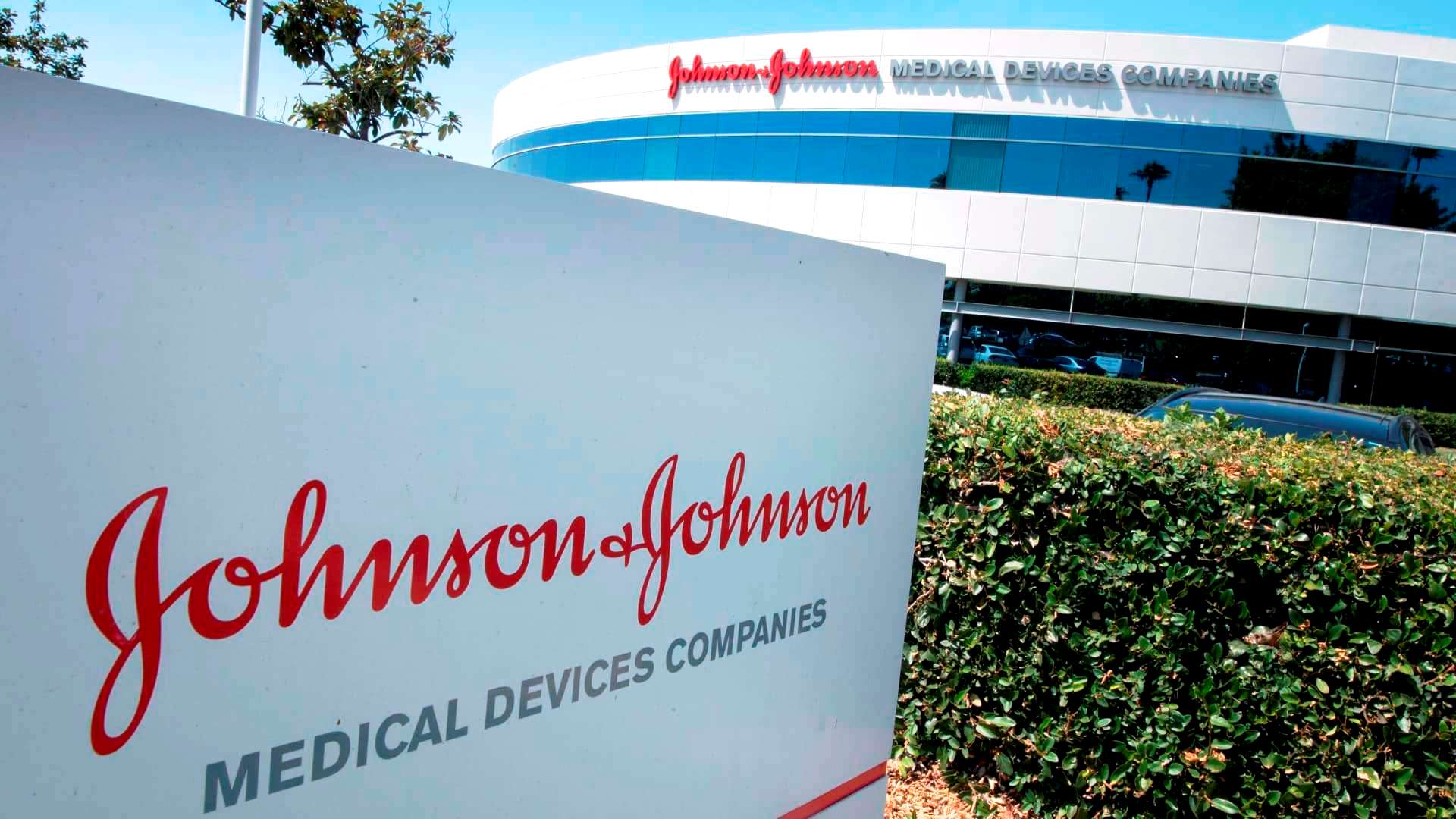
Johnson &Johnson , one of the world’s largest health-care companies, posted better-than-expected earnings and revenue for the fourth quarter of 2023, thanks to strong performance in its pharmaceutical and medical devices segments.
The company also gave its outlook for 2024, projecting sales of $87.8 billion to $88.6 billion and adjusted earnings of $10.55 to $10.75 per share.
However, investors were not impressed by the results, as J&J shares fell more than 1% on Tuesday.
Here’s how J&J did in the fourth quarter, compared with what analysts surveyed by LSEG, formerly known as Refinitiv, expected:
- Earnings per share: $2.29 adjusted vs. $2.28 expected
- Revenue: $21.40 billion vs. $21.01 billion expected
J&J, which is seen as a bellwether for the broader health sector, reported a 7.3% increase in total sales for the last three months of 2023, reaching $21.40 billion.
The company’s net income for the quarter was $4.13 billion, or $1.70 per share, up from $3.23 billion, or $1.22 per share, a year earlier.
After excluding certain items, J&J’s adjusted earnings per share were $2.29 for the fourth quarter of 2023.The quarterly results came six months after J&J completed its separation from its consumer health unit Kenvue , the biggest shake-up in its nearly 140-year history.
J&J executives said during an earnings call on Tuesday that the spin-off of Kenvue will boost the company’s earnings growth in the first half of 2024, as it will reduce the number of shares by 191 million. The third quarter will see a “partial benefit” from the spin-off, they added.
Meanwhile, J&J is concentrating on its pharmaceutical and medical devices divisions to drive growth.
J&J’s medical devices sales jump 13.3%, pharma sales grow 4.2%
J&J’s medical devices business saw a 13.3% increase in sales for the fourth quarter of 2023, reaching $7.67 billion. This beat analysts’ expectations of $7.50 billion, according to StreetAccount.
The company attributed the growth to its acquisition of Abiomed, a cardiovascular medical technology company, in December 2023.
J&J also said that its medical device sales were boosted by electrophysiological products, which help diagnose and treat abnormal heart rhythms, wound closure products, devices for orthopedic trauma, and contact lenses.
J&J is benefiting from a rebound in demand for nonurgent surgeries among older adults, who postponed those procedures during the Covid pandemic. The company expects that high demand to “follow through” in 2024, CFO Joseph Wolk said on CNBC’s “Squawk Box” on Tuesday.
Executives also said that J&J expects the medical devices business to have “relatively consistent” operational sales growth throughout the year.
J&J’s pharmaceutical sales also grew 4.2% year over year, reaching $13.72 billion for the fourth quarter of 2023. Excluding sales of its unpopular COVID-19 vaccine, the pharmaceutical sales were $13.68 billion.
Analysts were expecting sales of $13.44 billion for the segment, according to StreetAccount. The segment, also known as “Innovative Medicine,” is focused on developing drugs for various diseases.
J&J said that its pharmaceutical sales were driven by Darzalex, a biologic for the treatment of multiple myeloma, Erleada, a prostate cancer treatment, and other oncology treatments.
J&J’s Covid vaccine, which was once hailed as a game-changer for its single-dose and easy storage, brought in only $44 million in international revenue for the quarter. It was the third quarter without any U.S. sales from the vaccine, which has been plagued by safety concerns and production issues.
This is a summary of the original text, using different words and avoiding repetition of the company name:
The pharmaceutical giant’s best-selling drug, Stelara, which treats various inflammatory diseases, boosted its revenue. However, the firm faced the threat of cheaper rivals after its patent protection expired last year. To extend its market exclusivity, the firm reached agreements with Amgen and others to postpone the launch of some biosimilars until 2025.
The J&J pharma segment also saw lower sales of its prostate and blood cancer drugs, Zytiga and Imbruvica, which it shares with AbbVie. These drugs, along with Stelara, will be subject to Medicare price negotiations under a new law passed by the Biden administration in 2022. The firm agreed to join the talks in October, after suing the government to stop the process in July. The prices will be effective in 2026.
The firm expects stronger pharma sales in the first half of 2024 than the second, mainly due to the entry of Stelara biosimilars in Europe in mid-2024, as its executives said in the earnings call. The firm projects its pharma unit to grow at a rate of 5% to 7% annually from 2025 to 2030. J&J aims to launch 20 new therapies by 2030 and says that more than 10 of its products could generate over $5 billion in peak sales, including its new cancer drugs Talvey and Tecvayli.
The firm also faces legal challenges over its talc-based products, which are alleged to contain asbestos and cause cancer and death. The J&J spun off these products into a new entity, Kenvue, but will still be responsible for the lawsuits in the U.S. and Canada. The firm tried to resolve the lawsuits in bankruptcy court through a subsidiary, LTL Management, which filed for Chapter 11 in 2021. But a judge rejected the firm’s plan in July. The firm says LTL Management will appeal the decision.

Leave a Reply